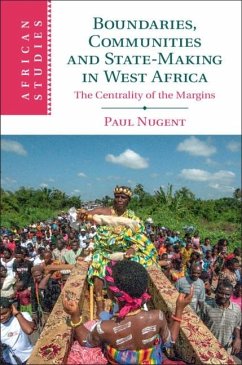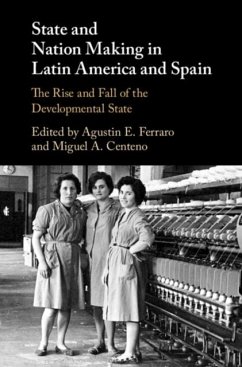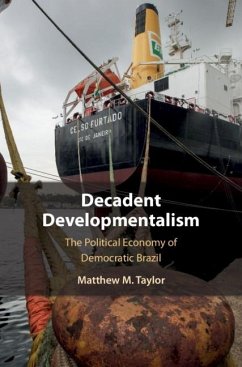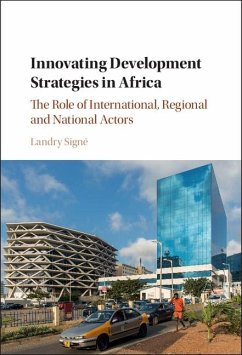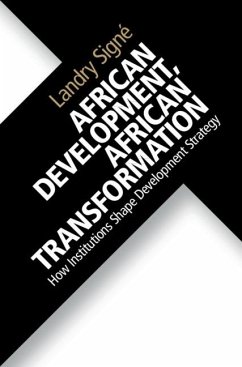
State and Nation Making in Latin America and Spain (eBook, ePUB)
The Rise and Fall of the Developmental State
Redaktion: Ferraro, Agustin E.
Versandkostenfrei!
Sofort per Download lieferbar
100,95 €
inkl. MwSt.
Weitere Ausgaben:

PAYBACK Punkte
50 °P sammeln!
In 1960, Latin America and Spain had the same level of economic and social development, but, in just twenty years, Spain raced ahead. This book provides an in-depth analysis of the design and implementation of developmental state policies in both regions and examines the significant variance in success between Latin America and Spain. The second volume in a trilogy, this collection of studies on state institutions in Latin America and Spain covers the period 1930-1990 and focuses on the successes and failures of the developmental states. This book assumes a wide social science perspective on t...
In 1960, Latin America and Spain had the same level of economic and social development, but, in just twenty years, Spain raced ahead. This book provides an in-depth analysis of the design and implementation of developmental state policies in both regions and examines the significant variance in success between Latin America and Spain. The second volume in a trilogy, this collection of studies on state institutions in Latin America and Spain covers the period 1930-1990 and focuses on the successes and failures of the developmental states. This book assumes a wide social science perspective on the phenomenon of the developmental state, focusing on the design, creation and management of public institutions, as well as the creation of national projects and political identities related to development strategies.
Dieser Download kann aus rechtlichen Gründen nur mit Rechnungsadresse in A, B, BG, CY, CZ, D, DK, EW, E, FIN, F, GR, HR, H, IRL, I, LT, L, LR, M, NL, PL, P, R, S, SLO, SK ausgeliefert werden.




